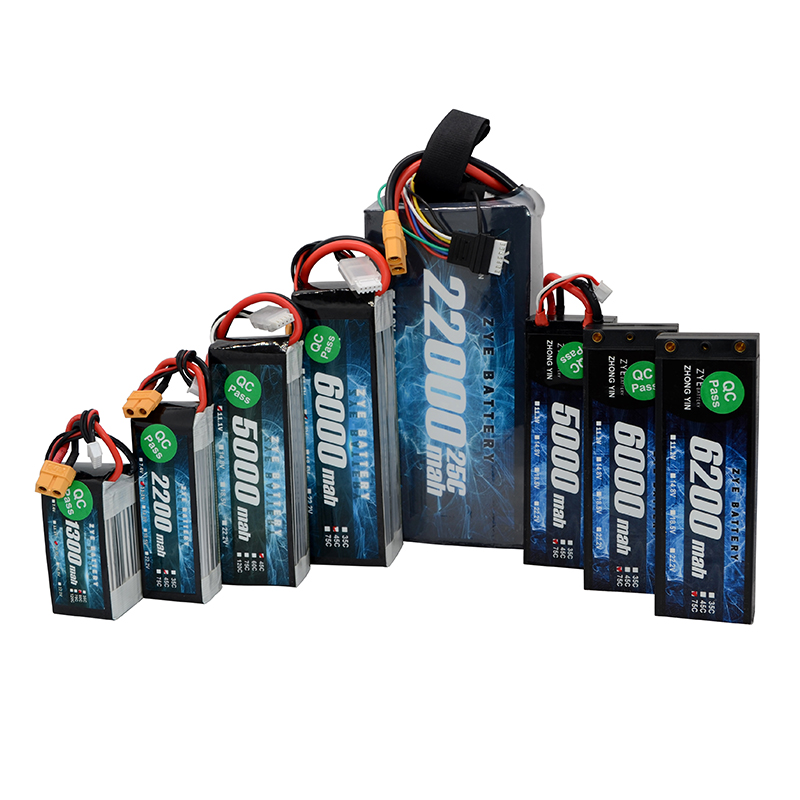Materials Used In Solid State Batteries
2024-04-30
Materials used in solid-state batteries
Solid state battery has a very significant advantage, because the solid electrolyte replaces the organic electrolyte that may explode in the traditional lithium-ion battery, which solves the dilemma of high energy density and high safety, which will eliminate the "battery anxiety" of electric vehicle users, and even is expected to achieve fast charging.
So far, through the continuous efforts of scientists, solid-state battery technology should be said to have no insurmountable technical bottlenecks, but there are still technical problems to be solved. "The core technology of solid-state batteries is solid-state electrolyte material technology to achieve high ionic conductivity and advanced manufacturing technology to achieve low impedance solid-solid interface." In terms of solid electrolyte materials, Professor Kanno Yuji of Tokyo Institute of Technology in Japan invented a sulfide solid electrolyte with a ionic conductivity of 10-2S/cm at room temperature (surpassing traditional organic electrolytes) in 2011.
This technology has become the technical basis of Toyota Motor, a leading company in the industrialization of solid-state batteries. Compared with sulfide solid electrolyte, oxide solid electrolyte has more advantages in high safety and easy production, but the improvement of ionic conductivity at room temperature is still a century problem.
























































